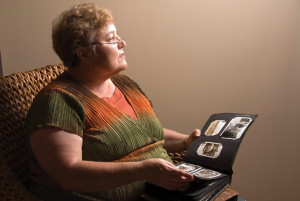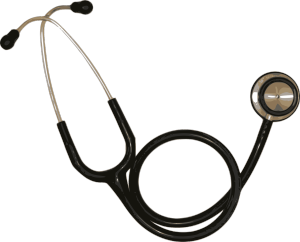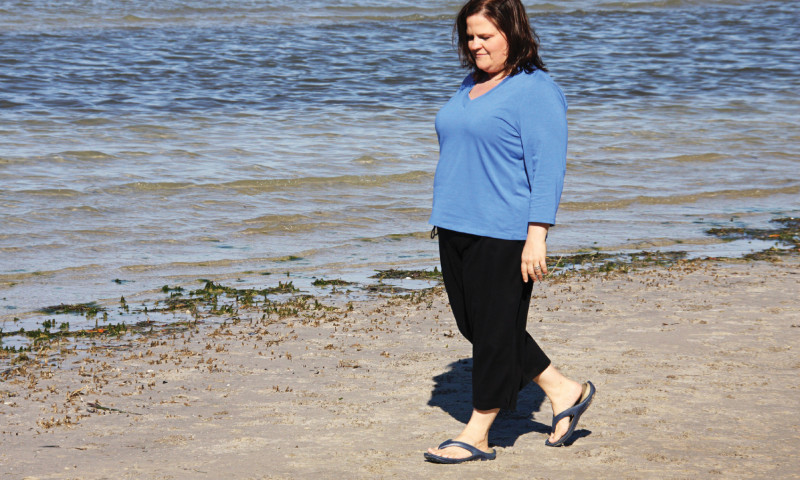As we move through life, there are many transitions we go through that can affect our weight and health. While some of them are specific to both genders, there are also many transitions that exclusively affect men or women such as having a baby and going through menopause.
During the aging process, women are more likely to be affected by overweight or obesity due to a variety of different factors such as the loss of muscle mass, metabolic changes and an increase in fat storage. Although it may sound like you’re destined for failure, this isn’t true!
To prepare yourself for menopause and to manage the effects of this important life transition, it’s important to be educated about what’s happening and what you can do about it. Below, we’ll look at how menopause and other contributing factors can affect your health and what you CAN do to manage its affects.
What is Menopause?
Menopause is a completely natural stage of life that women go through as they stop getting their menstrual cycles. Menopause marks the official end of the reproductive years as the ovaries stop releasing eggs and producing much of their estrogen.
Transitioning into Menopause: A 3-Part Process
 The transition into menopause typically occurs in a series of stages rather than all at once:
The transition into menopause typically occurs in a series of stages rather than all at once:
- Menopausal Transition/Perimenopause – During this period, your body is preparing for what comes next. Your periods may come and go for no specific length of time, but can be anywhere from two to eight years long. This phase usually begins somewhere around the age of 40, and many different factors can affect your menstrual cycle such as hot flashes, disruptions in your sleep cycle, a change in your sexual drive and weight gain, among others.
- Menopause – This stage occurs when a woman has gone 12 consecutive months without a period. During this time, the ovaries have stopped releasing eggs and producing most of their estrogen. Previous symptoms during the last transitory phase may still be present.
- Postmenopause – Following menopause, you’ll likely notice a decrease in your roller-coaster hormones and an improvement in your earlier symptoms.
Menopause and Your Health
 The changes that your body goes through during menopause can affect your weight and other aspects of your health. Examples include:
The changes that your body goes through during menopause can affect your weight and other aspects of your health. Examples include:
- Changes in Cholesterol – Estrogen changes may increase your LDL (bad cholesterol) and alter your HDL (good cholesterol).
- Changes in Insulin Levels – Weight gain can sometimes influence a change in glucose and insulin levels, which can in turn affect your risk for diabetes.
- Changes in Bone Density – During the transition into menopause, loss of bone density is common and can lead to osteoporosis as we age. This can influence your physical activity as well as your risk for injury.
Menopause and Your Weight
Drops in estrogen and decreases in energy expenditure can lead to weight gain. During and after menopause, this can lead to an overall increase in total body fat that is primarily distributed in the midsection as visceral fat as opposed to the thighs, hips and buttocks (subcutaneous fat). Because visceral fat is inside the abdomen and surrounds your organs, it is more dangerous than subcutaneous fat. An increase in visceral fat is linked to an increase in insulin resistance, diabetes, heart disease and inflammatory diseases.
What Can You Do to Manage Menopause?
 Although the risk factors of menopause are higher, that doesn’t mean that you are helpless! There are a variety of ways that you can help offset weight gain and other changes during this transition. To stay healthy (and maybe even avoid the mid-life crisis!), consider the following:
Although the risk factors of menopause are higher, that doesn’t mean that you are helpless! There are a variety of ways that you can help offset weight gain and other changes during this transition. To stay healthy (and maybe even avoid the mid-life crisis!), consider the following:
- Focus on Diet and Exercise – Choosing healthy and nutrient-rich foods and getting adequate physical activity can help to stave off unwanted weight gain. Simple changes like adjusting your portion sizes (you need less calories as you get older) to getting at least 150 minutes of physical activity a week can have surprising health benefits.
- Seek Out Support – Minimizing stress and surrounding yourself with supportive people can help you cope with life’s stress without turning to food.
- Talk to Your Doctor – Talking with your doctor about your weight and overall health through menopause can alleviate much of your worry and make this life transition a lot easier. Your doctor can also play a vital role in your support system!
Want to Learn More about Menopause, Weight Gain and Your Health?
You can read the full article from Your Weight Matters Magazine by CLICKING HERE.






